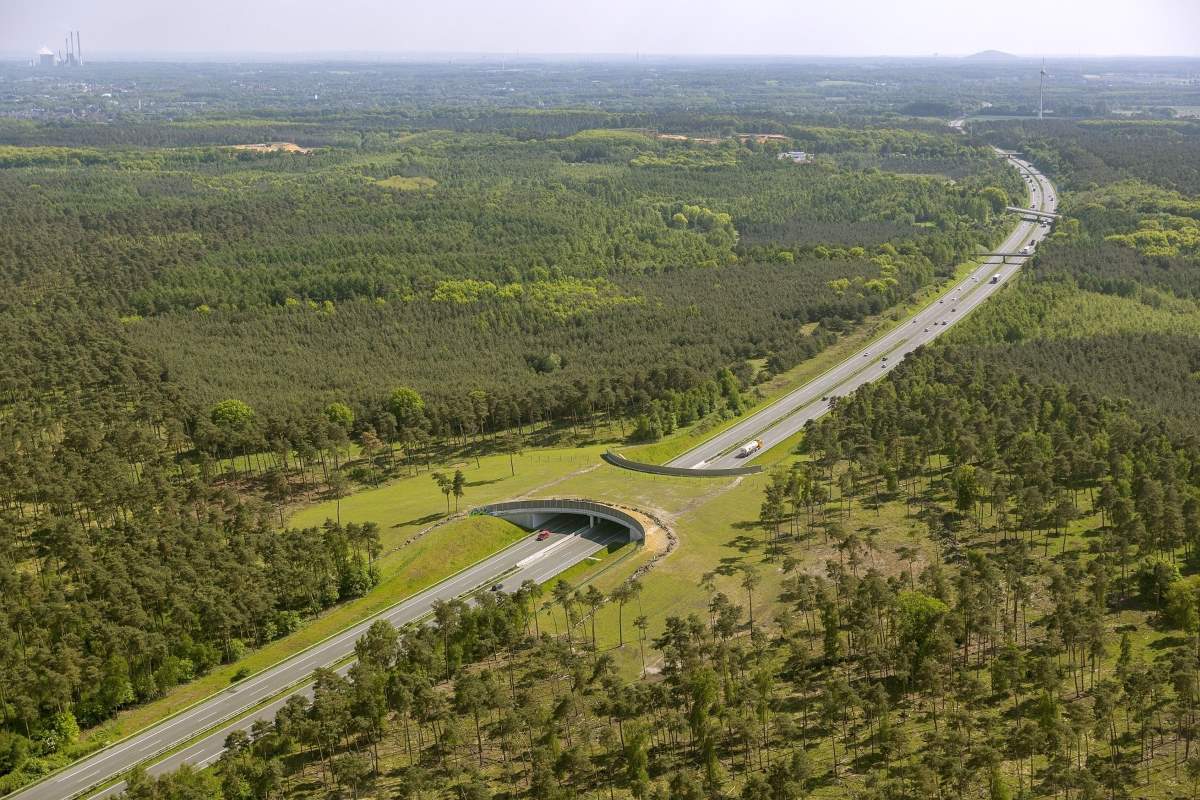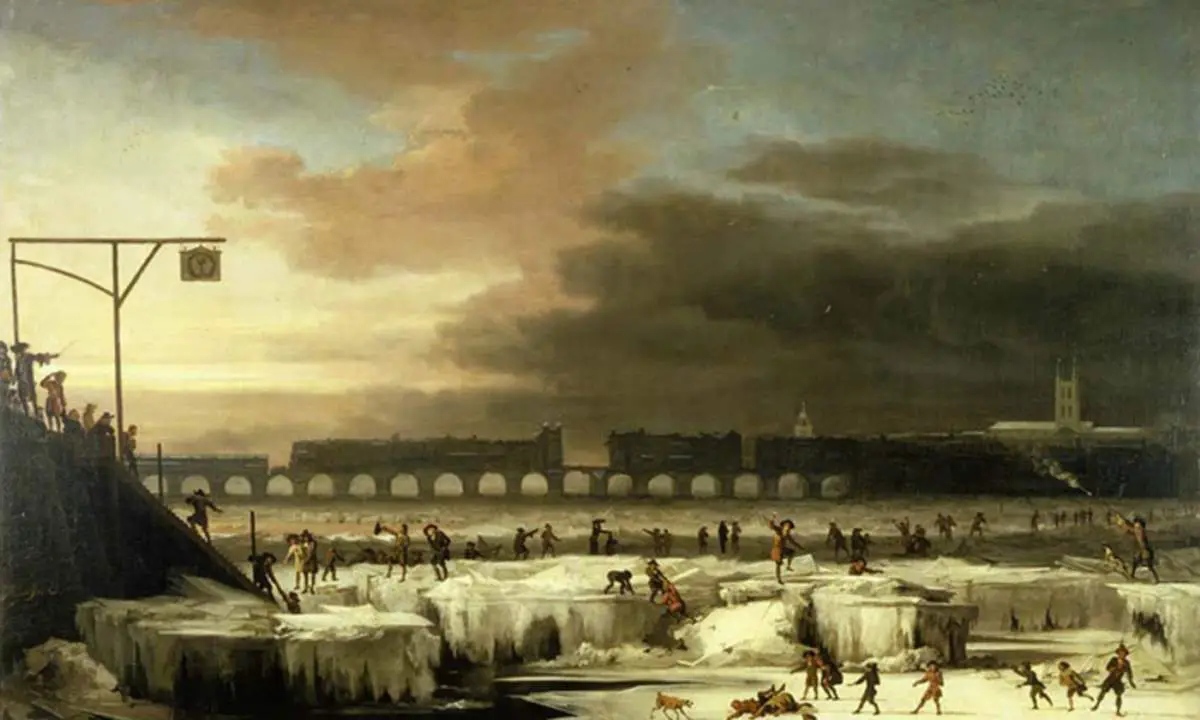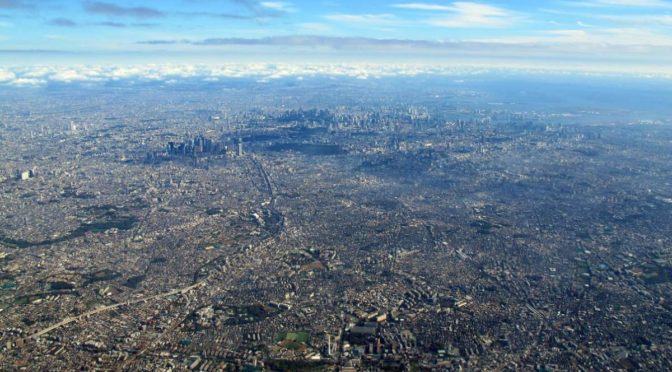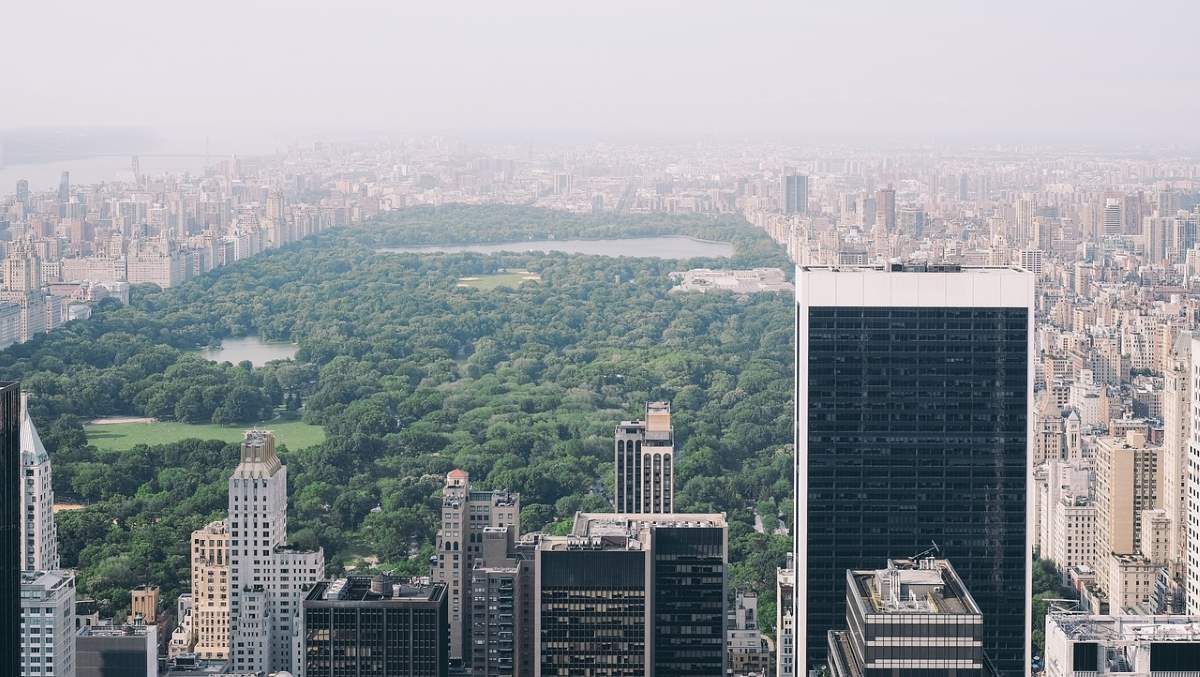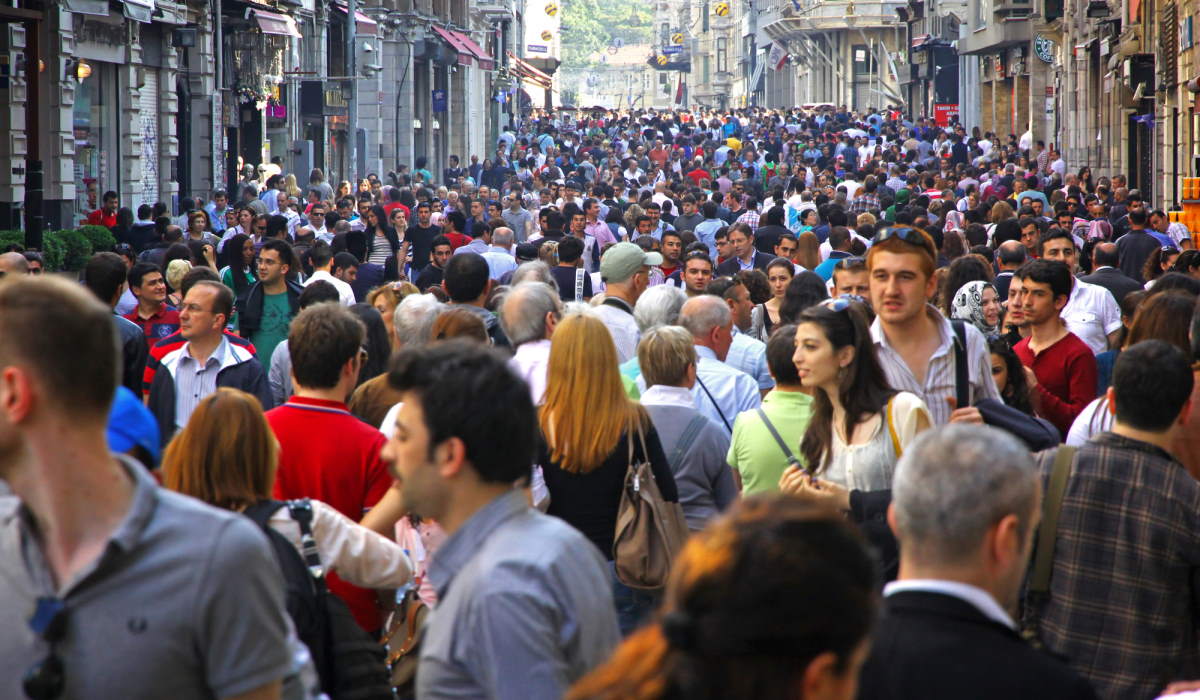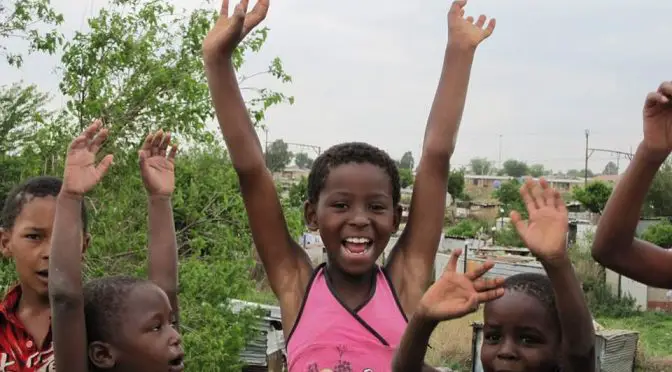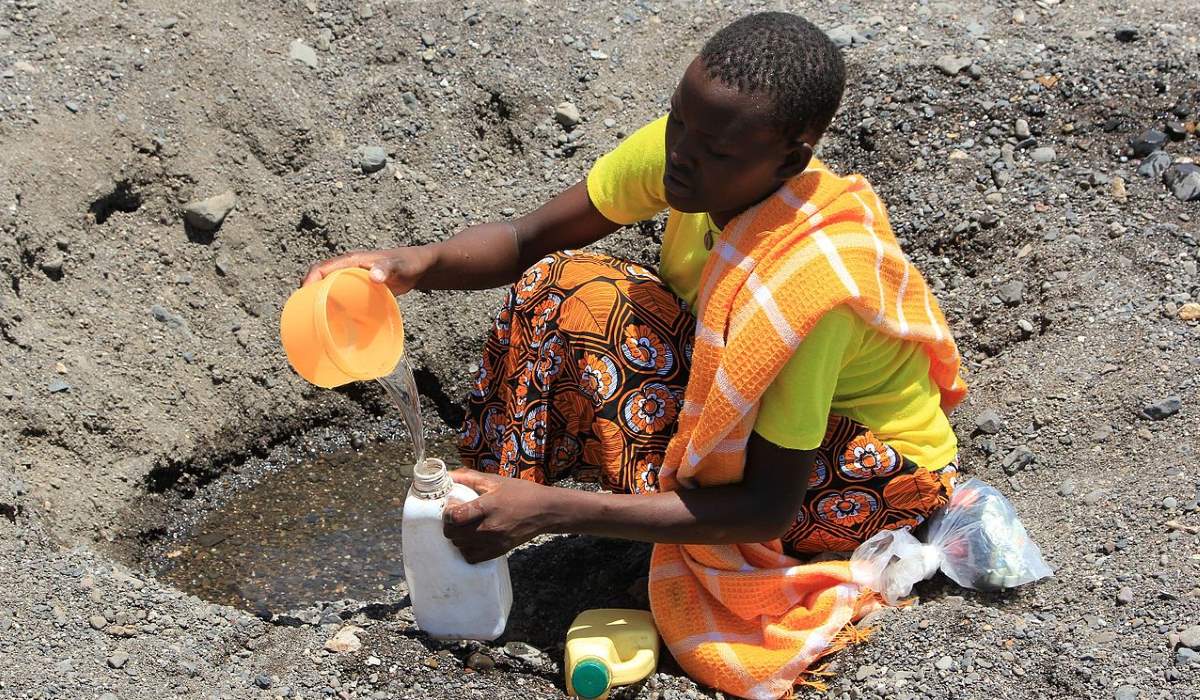Thanks to improvements in healthcare and many other areas, people today are living longer, healthier, and happier lives than ever before. And what’s more, these improvements are global. It’s happening in developing countries as well. Africa, the poorest continent (eighteen of the poorest countries by GDP per capita are in Africa) is also no exception: the Infant Mortality Rate (IMR) declined significantly between 1960 and 2001.
For example, in Ethiopia, as late as 1980, almost a quarter of the children died before their fifth birthday. Today, fewer than 6% die, which is still far too many, but the numbers continue to fall. And vaccines play a very crucial part here. But, supplying vaccines to distant clinics in hot climates served by poorly developed transport networks is a big problem. The vaccines must be kept between 2 and 8° C (36 to 46 °F). They need to be distributed in a temperature-controlled supply chain, which is called a “cold chain”. Now, there are two new innovations addressing this problem.
One of them is MetaFridge, a cooler that allows vaccines to stay between 2 and 8° C (36 to 46 °F) for days, even if the power is out.


